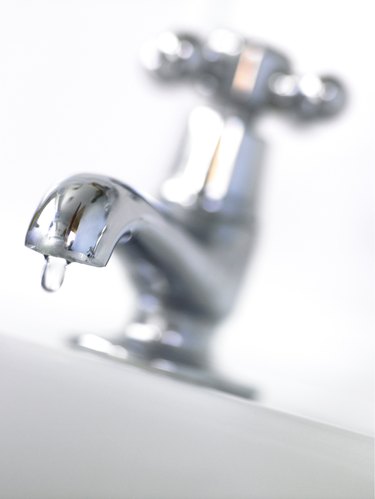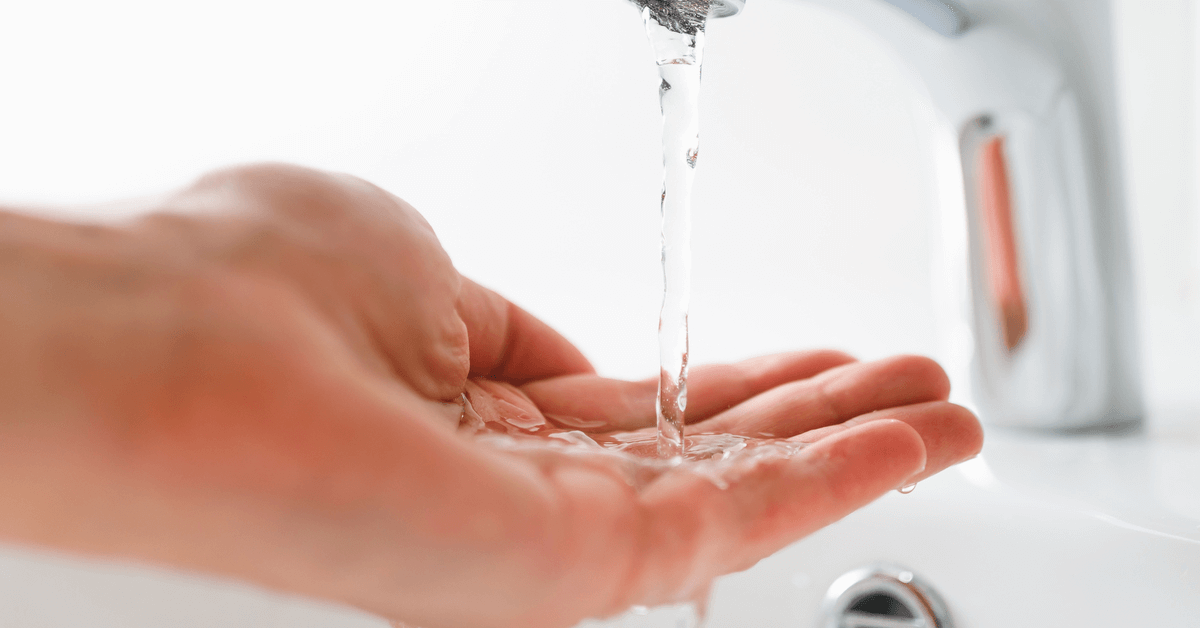They are making a few good observations on the subject of 9 Reasons for Low Water Pressure in Your House in general in the article which follows.

Low water pressure in your home can be a discouraging problem, impacting every little thing from bathing to washing recipes. If you're experiencing weak water flow, there are several feasible reasons and options to discover. In this guide, we'll go over common reasons for low water stress and useful steps to attend to the concern successfully.
Introduction to Low Tide Pressure
Low tide stress takes place when the flow of water from your taps, showers, and various other components is weaker than common. This can make everyday jobs extra challenging and less reliable. Comprehending the sources of low water pressure is important to finding the appropriate service.
Common Reasons For Low Water Stress
Faulty Pressure Regulators
Pressure regulatory authorities are in charge of preserving regular water stress in your home. If they malfunction, it can lead to low water pressure or uneven flow throughout your home.
Local Water System Issues
Occasionally, the problem lies outside your home. Municipal water system concerns, such as main line leaks or maintenance job, can momentarily reduce water stress in your area.
Pipeline Obstructions
Gradually, pipes can come to be clogged with mineral deposits, sediment, or debris, restricting the circulation of water. This is a typical problem in older homes with galvanized steel pipes.
Rust
Rust within pipelines can bring about leaks and decreased water stress. Rust build-up can constrict water circulation, especially in aging plumbing systems.
Just How to Identify Low Water Stress
Evaluating Pipes
Check noticeable pipes for indications of leaks, deterioration, or clogs. Pay attention to any kind of unusual audios, such as banging or rattling pipelines, which can indicate problems within the plumbing system.
Consulting with a Plumber
If you're unable to identify the root cause of low water stress, take into consideration employing a professional plumber to carry out a detailed examination. They can recognize underlying issues and suggest ideal remedies.
Checking Taps and Components
Start by evaluating the water pressure at different taps and components throughout your home. If the concern is separated to specific locations, it might indicate localized problems.
Do It Yourself Solutions to Deal With Low Water Pressure
Flushing Hot Water Heater
Sediment buildup in the hot water heater can restrict flow and lower effectiveness. Purging the container periodically helps get rid of debris and keep optimal efficiency.
Examining Pressure Regulator
Make sure that the stress regulator is working correctly. Adjusting or changing the regulator can assist bring back correct water stress throughout your home.
Cleansing Aerators and Showerheads
Mineral deposits can build up in aerators and showerheads, minimizing water flow. Remove and cleanse these elements frequently to enhance water pressure.
Clearing Clogs in Pipes
For small clogs, try using a plumbing snake or chemical drain cleaner to clear obstructions in pipes. Beware when using chemicals and follow security guidelines.
When to Call a Professional Plumber
If do it yourself efforts stop working to resolve the problem or if you think considerable plumbing troubles, it's finest to seek aid from a certified plumber. They have the expertise and devices to attend to complicated concerns securely and efficiently.
Preventive Measures to Preserve Water Pressure
Installing a Stress Booster
Take into consideration mounting a pressure booster pump to boost water stress in areas with continually reduced circulation. This can be specifically valuable for multi-story homes or residential or commercial properties with high-demand fixtures.
Tracking Water Usage
Be mindful of water use practices and stay clear of ill-using the plumbing system. Simple adjustments, such as incredible showers and washing tons, can help maintain appropriate water pressure.
Routine Maintenance
Set up routine maintenance for your plumbing system to avoid problems such as corrosion, leakages, and obstructions. Dealing with small problems early can aid avoid more considerable repair services later on.
Conclusion
Dealing with low tide stress can be discouraging, but identifying the underlying reasons and implementing ideal remedies can recover ideal flow throughout your home. Whether it's cleansing aerators, examining pipes, or seeking advice from a plumber, taking proactive actions can guarantee a consistent supply of water for your everyday needs.
FOUR WAYS TO FIX LOW WATER PRESSURE NOW
Turning on a shower or faucet only to find the water comes out in a sad, slow drizzle is never a good feeling. How exactly are you supposed to wash a pan or take a quick shower when it takes 10 minutes just to rinse off a little soap? The good news is that when your water pressure is bad, there's always a cause: typically one that can be easily fixed. Here are some of the most common causes of low pressure and what you can do to fix the issue:
DEBRIS AND MINERAL DEPOSIT BUILDUPS
If you notice low water pressure from just one or two of the fixtures in your house, the problem likely has to do with debris buildup. Water is full of minerals and other debris, all of which can accumulate in your pipes and on your fixtures. This can cause a blockage that affects how much water flows through. To fix this, try filling a small plastic bag with white vinegar, and use a rubber band to hang it around your showerhead or faucet. Let the head of the fixture soak for a few hours, and the vinegar should loosen the deposits.
WATER LEAKS
Leaks are another common cause of low water pressure. If water is flowing out of your plumbing through a hole or crack before it can reach your fixture, the pressure coming out of the faucet or showerhead will be lower. A plumbing professional is your best bet for finding and repairing a leak in your water supply pipes.
Leaks are another common cause of low water pressure. If water is flowing out of your plumbing through a hole or crack before it can reach your fixture, the pressure coming out of the faucet or showerhead will be lower. A plumbing professional is your best bet for finding and repairing a leak in your water supply pipes.
A VALVE ISSUE
If you have low water pressure throughout your home, check your main shut-off valve to make sure it's completely open. You may also want to see if there's a pressure-reducing valve installed. If there is, have a plumber help you adjust the settings to get the pressure you're looking for.
OTHERS USING WATER
Believe it or not, your low water pressure could be caused by your neighbors. If you notice low pressure at certain times of day, it may be because you and the people living next to you have similar schedules - when everyone is showering at the same time, the pressure will be lower in every home. Low pressure throughout the neighborhood may also be caused by an issue with your municipal water supply. If that's the case, call the supplier to see if they're working on the issue.
https://www.rotorooter.com/blog/water-leaking/low-water-pressure-fixes/

Do you really like more info about ? Put a remark further down. We will be pleased to find out your feelings about this blog posting. We are looking forward to see you back again in the future. Appreciated our content? Please quickly share it. Help somebody else discover it. Thank you for going through it.
Call Us Today